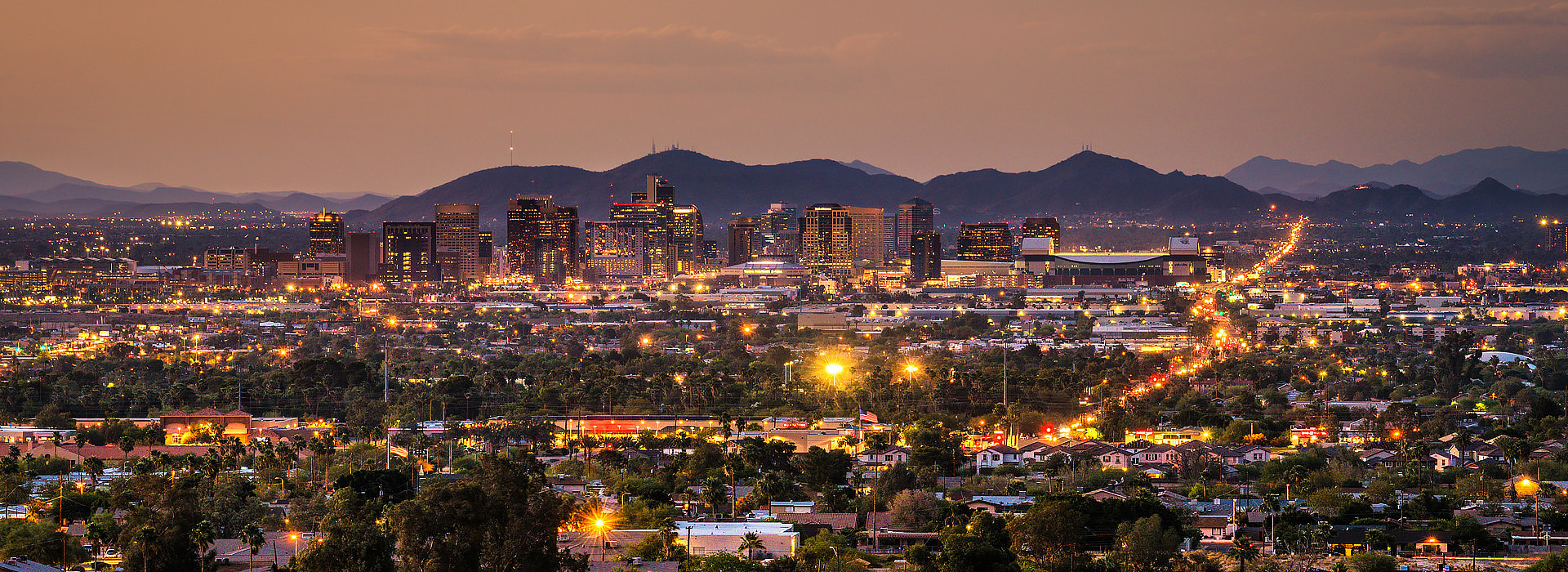A young boy is in critical condition after being hit by a hit-and-run driver early on the morning of February 8.
Boy in Critical Condition After Hit-and-Run
According to Mesa police, a 7-year-old boy was critically injured when he was hit by a vehicle in Mesa at 7:30 a.m. The female driver left after the accident but later returned to the scene.
Hit and run accidents happen more often than most people think they do. If you have been the victim of a hit and run and have suffered injury or lost a loved one as a result of a hit and run accident, you’ll want to know what legal steps you should take.
Hit and Run Accidents
Leaving the scene of an accident is more commonly referred to as a “hit-and-run,” and it appears that these incidents are on the rise.
Crash data from the National Highway Traffic Safety Administration (NHTSA) reveal that the number of fatal hit-and-run crashes has increased, from 1,274 in 2009, to 1,393 in 2010, to 1,449 in 2011. In addition to these rising numbers, though there was a 13.7% increase in hit-and-run deaths over that three-year period, traffic deaths overall were falling 4.5%, from 33,883 in 2009 to 32,367 in 2011.
Are people just unaware that they’ve hit something or someone?
Doesn’t seem like it, according to Peter Kissinger, president and CEO of the AAA Foundation for Traffic Safety. “The problem is bigger than I think most people are aware,” he says.
“People find themselves in these situations, and what do you do?” says Sara Solnick, chairwoman of the Department of Economics at the University of Vermont. She has studied numerous hit-and-run accidents. “Drivers are more likely to run if they feel there is a reason to do so. They’re more likely to have high blood-alcohol content, or they’re driving without a license, or they’re very young drivers.”
According to research done by the AAA Foundation of Traffic Safety, 21% of all fatal crashes from 1993-1999 involved drivers with no valid license. While an exact number of people driving without a license is unknown, the number is projected to be somewhere in the millions.
2012 Arizona Law
In 2012, Arizona enacted a law that required any driver who left the scene of a crash resulting in serious injury to automatically have his or her license suspended for five years. If the accident results in a death, the automatic suspension is 10 years, not including time in jail.
Knowing how strict the law is regarding hit and run accidents, it’s incredible to know that they still happen as often as they do. Sure, a car accident can be confusing and scary, but there are still actions that need to be taken regardless of how serious or not serious the accident is. There are a number of things you should not do, including leave the scene. Below we review other things you should NOT do if you have been involved in an accident.
What Not to Do After a Car Accident
Here’s a list of things to NOT do after a car accident:
- Leave the scene. You are legally required to stop, check on the other person and car involved, exchange all insurance and contact information and report it to law enforcement. Failure to do so means you’ve committed a crime.
- Forget to call 911. Even if the car accident seems minor, if you don’t get an official police report that documents the accident, what proof do you have? Sometimes law enforcement might not respond to collision unless there are injuries, but you always have an opportunity to get a report of the accident. This can help in the claim process, as well as protect you.
- Lose your cool. Try to remain as calm as possible and be polite.
- Admit fault. Do not admit to anything. But doing so, you’re legally admitting liability for the accident. This can expose you to lawsuits or other penalties.
- Forget proper documentation. Documenting any damage done to cars or the scene will provide you with any necessary evidence should the accident lead to a lawsuit. Try to take a few minutes to write down what happened from your point of view. Note time, date, streets, makes models and colors of cars, direction you were heading, contact information, and information from any witnesses that were at the scene. This will all help to build your case and help determine liability.
Wrongful Death Lawsuits
In drunk driving cases where someone is killed, it’s not unlikely for a family of the deceased to bring a lawsuit against the negligent driver that is responsible. A phoenix wrongful death lawsuit can be brought against someone who has caused another person’s death either through negligence or through intentional harm, and are a variation of a standard personal injury negligence suit. Typically, a “wrongful death” claim is brought by the estate of the deceased on behalf of surviving members and other affected parties. The suit is filed against the party they allege is liable for the death.
Two Forms of Wrongful Death Claim
There are two forms a wrongful death claim can take. Either the charge is negligence, or intention. This means either the victim died as the result of a negligent act of the defendant. Or the victim died as the result of the defendant’s intentions to kill the victim. Some examples of negligence include: victim’s death as a result of medical malpractice, drunk driving, or the victim dies as the result of a faulty engine in the car the victim was riding in. And example of intention is when the defendant is believed to have murdered the victim on purpose.
Proving a Wrongful Death Claim
For the defendant to be declared liable in a wrongful death claim, the claim brought must meet the same burden of proof that the victim would have had to meet if the victim was alive. In the case of a negligence trial, plaintiffs must show the defendant owed a duty of care to the victim, that the defendant breached this duty of care, and that the breach of this duty directly caused the death of the victim.
Working with a Personal Injury Attorney
If you have been involved in an automobile accident, you should immediately call a personal injury attorney that can help you build your case. If a loved one has been killed in a hit and run accident or car accident, you’ll want to immediately contact a personal injury attorney. They have the experience necessary to ensure you are able to prove your injuries, or find justice for your deceased loved one so that you can collect the compensation you are owed.


